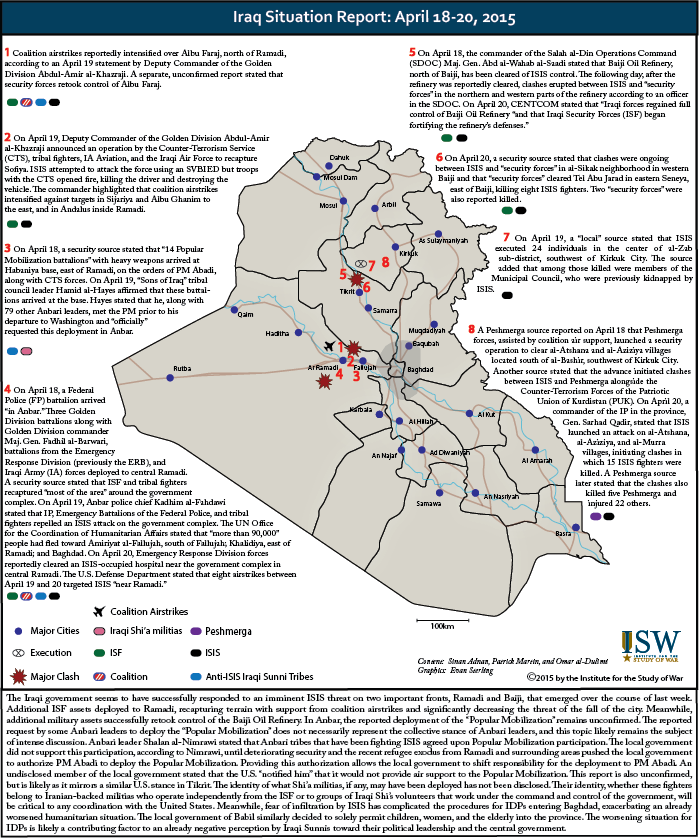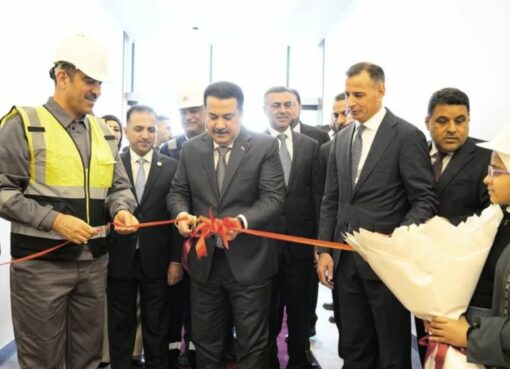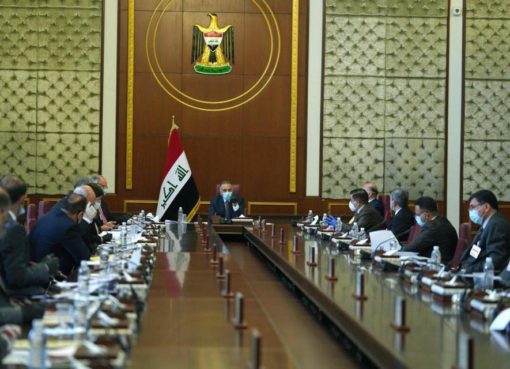Key Takeaway:
The Iraqi government seems to have successfully responded to an imminent ISIS threat on two important fronts, Ramadi and Baiji, that emerged over the course of last week. Additional ISF assets deployed to Ramadi, recapturing terrain with support from coalition airstrikes and significantly decreasing the threat of the fall of the city.
Meanwhile, additional military assets successfully retook control of the Baiji Oil Refinery. In Anbar, the reported deployment of the “Popular Mobilization” remains unconfirmed. The reported request by some Anbari leaders to deploy the “Popular Mobilization” does not necessarily represent the collective stance of Anbari leaders, and this topic likely remains the subject of intense discussion. Anbari leader Shalan al-Nimrawi stated that Anbari tribes that have been fighting ISIS agreed upon Popular Mobilization participation.
The local government did not support this participation, according to Nimrawi, until deteriorating security and the recent refugee exodus from Ramadi and surrounding areas pushed the local government to authorize PM Abadi to deploy the Popular Mobilization. Providing this authorization allows the local government to shift responsibility for the deployment to PM Abadi. An undisclosed member of the local government stated that the U.S. “notified him” that it would not provide air support to the Popular Mobilization.
This report is also unconfirmed, but is likely as it mirrors a similar U.S. stance in Tikrit. The identity of what Shi’a militias, if any, may have been deployed has not been disclosed. Their identity, whether these fighters belong to Iranian-backed militias who operate independently from the ISF or to groups of Iraqi Shi’s volunteers that work under the command and control of the government, will be critical to any coordination with the United States.
Meanwhile, fear of infiltration by ISIS has complicated the procedures for IDPs entering Baghdad, exacerbating an already worsened humanitarian situation. The local government of Babil similarly decided to solely permit children, women, and the elderly into the province. The worsening situation for IDPs is likely a contributing factor to an already negative perception by Iraqi Sunnis toward their political leadership and the central government.
Source: Institute for the Study of War (ISW)








Comment here